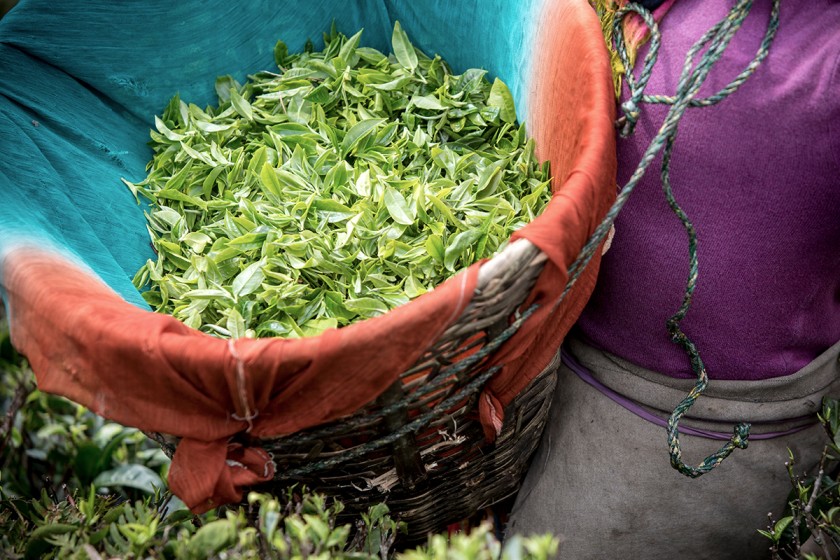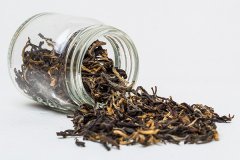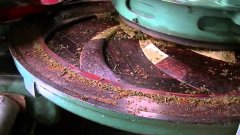The tea manor in Assam black tea producing area of India introduces the black tea production process and the characteristics of planting technology.
This is the time of year-the summer harvest or the second harvest of tea.
At the beginning of the harvest season, we arrived at Dibruger, a tea area in Assam. The rain has come; it has come early this year. It has also been raining in Darjeeling, and Assam is just beyond the mountain.
Despite the geographical proximity between Darjeeling and Assam, there are still many differences between the two places, not just the tea produced in the two regions.
Assam is a big state, and tea is the main industry here. Most of India's tea production comes from Assam.
Most of the breakfast tea in the world is made from black tea produced in Assam. This is where the original Indian tea (Camellia sinensis assamica) grew.
We visited the estates of Chubwa, Balijan Hoogrijan, Zaloni, Rajgarh, Halmari, Basmatia and Mankota.

Unlike Darjeeling, these tea house are more mechanized; compared with Darjeeling, Assam covers a vast area and tea house is widespread.
The name Chubwa comes from Chah Bowa, which means "grow tea" in Assam. This may be the first tea garden in Upper Assam, but it is now known for its state-of-the-art hospital, which is managed by Tatas, the parent company of Chubwa.
At Balijan, we met Manisha Singh, a field assistant who works there. This is very unusual in a male-dominated industry, and we talked to her for a while. Emphasize the equality of opportunities and the harmonious relationship between managers and employees, and working conditions are constantly improving. We hear that friendly matches of cricket and football are often held here. All this is exhilarating.
Halmari is the one we look forward to most, tea house. We have heard a lot about its manufacturing facilities. It didn't disappoint us; the facilities here are spotless; the focus is on high quality. They even only use bamboo buckets to collect tea to reduce the damage to raw tea.

Political instability in Assam has always been a problem, but it is certainly much better than it used to be. We can easily travel in the state, where people are very helpful and friendly. In the tea garden, tea house's master is humble, helpful and approachable. In Rajgarh, we tasted some local delicacies, and the local rice on bamboo leaves is one of the best foods we have ever tasted. It smells so good, it's delicious, I'll just eat it! Basmatya is a manor named after the famous Basmati rice that once grew here. Now, it is famous for its summer specialty tea-Jinjian tea in Assam, and it is also expected by breakfast tea lovers all over the world.
Assam has a lot to see, and its tea garden has a long and interesting history. We hope to bring more stories from there.
Important Notice :
前街咖啡 FrontStreet Coffee has moved to new addredd:
FrontStreet Coffee Address: 315,Donghua East Road,GuangZhou
Tel:020 38364473
- Prev

What brand of Indian Assam black tea is good? How much half a kilo? Asam black tea how to make broken tea
After knowing a little bit about Assam, it is estimated that you in front of the screen are ready to donate generously into a batch of goods. At this time, the question is, which kind of Assam black tea is its own dish? If you want a cup of strong tea with milk and sugar, the stronger the Assam tea, the better. But maybe you want a less exciting taste, not in the haze.
- Next

Assam tea production process | what does rolling oxidation mean? The Historical Story of Rolling Machine
Jackson's innovation and many subsequent related innovations stand out in two aspects: first, they are not automated; second, the process they created has had a great impact. Jackson's contribution was to greatly improve the critical rolling stage in black tea production. This stage is after the tea is picked and withered. Suitable ductility, moisture and blade structure can be obtained by rolling.
Related
- Beginners will see the "Coffee pull flower" guide!
- What is the difference between ice blog purified milk and ordinary milk coffee?
- Why is the Philippines the largest producer of crops in Liberia?
- For coffee extraction, should the fine powder be retained?
- How does extracted espresso fill pressed powder? How much strength does it take to press the powder?
- How to make jasmine cold extract coffee? Is the jasmine + latte good?
- Will this little toy really make the coffee taste better? How does Lily Drip affect coffee extraction?
- Will the action of slapping the filter cup also affect coffee extraction?
- What's the difference between powder-to-water ratio and powder-to-liquid ratio?
- What is the Ethiopian local species? What does it have to do with Heirloom native species?

